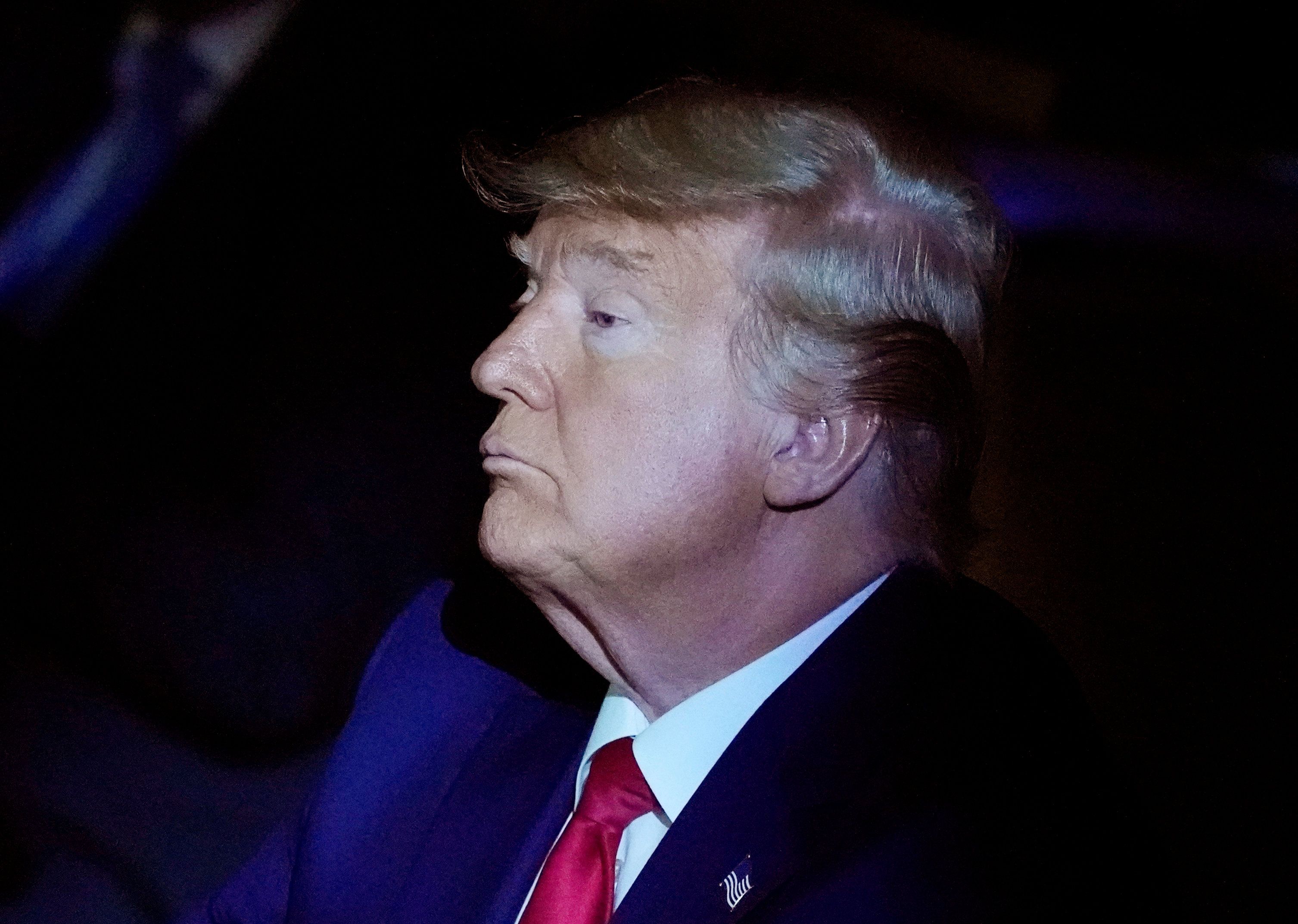December 19, 2019
Donald Trump just became the third president in US history to be impeached.
In a vote along party lines, the House of Representatives on Wednesday approved impeachment on two counts: abuse of power, for Trump's efforts to pressure the Ukrainian government into investigating his political rival Joe Biden, and obstruction of Congress, for preventing key White House witnesses from testifying in the impeachment hearings.
Democrats say the move was a legitimate defense of the Constitution. Republicans say it's a sham attempt to remove a president against the will of the people. Trump, for his part, says it's a modern day Salem witch trial (the current mayor of Salem, for the record, disagrees.)
So what comes now?
The House will send the impeachment bill to the Senate, where Trump will be put on trial, probably in January. A small team of House Democrats will lead the prosecution, the Senate will act as a jury, and Supreme Court Chief Justice John Roberts will preside.
A two-thirds supermajority of votes would be needed to convict Trump of the impeachable offenses and remove him from office. Republicans control the Senate by a 53-47 majority, meaning that 20 GOP senators would have to turn against the president in order to oust him. With Trump's approval rating among Republican voters currently above 90 percent, that outcome is about as likely as a snowman winning the Dakar Rally.
Will it be "fair"?
Senate Majority Leader Mitch McConnell has already said that he's coordinating closely with the White House's defense team on how and when to hold the trial, and that he won't call any additional witnesses. Chief Justice Roberts could rule that McConnell has to, but precedent suggests that's unlikely.)
Democrats say this politicizes justice, and McConnell says that's exactly right: Impeachment has the structure of a criminal proceeding, but the Constitution intended this process to be political, not judicial. And since he's politically on the side of the president, that's how the cookie crumbles.
How does the public view impeachment right now?
In the latest polls, between 44 and 50 percent of respondents said Trump should be impeached and removed from office. Some of the surveys registered a slight decline in support for impeachment and removal over the past month. Regardless, this is just about as polarized an environment as you can imagine: half the country wants the president removed from office, and the other half doesn't. In that sense, it's like virtually every other question involving Donald Trump.
Will all this affect the 2020 election?
It's too early to say how impeachment will affect people's choices 11 months from now. Democrats hope that the impeachment shows they're willing to hold Trump accountable, and they'll look to draw on the impeachment revelations throughout the 2020 campaign. Trump, meanwhile, is confident that beating the rap will be the main story heading into the 2020 homestretch.
A more immediate question is whether the timing of the trial affects the field of Democrat contenders. As we wrote last week, Mitch McConnell has a delicious opportunity to mess with the primary campaign schedules of leading contenders Bernie Sanders, Elizabeth Warren, and others, who have to be in Washington for the Senate trial rather than out shaking hands with voters in early voting states. But it's a move that could also backfire against Trump -- learn more here.
More For You
A person reads a newspaper at a roadside newspaper stand in Ikoyi Lagos, Nigeria, November 27, 2025.
REUTERS/Sodiq Adelakun
Violence is once again scorching Nigeria. On Sunday, gunmen killed three people and took several hostages, including a Catholic priest, during an early morning attack in the northern state of Kaduna.
Most Popular
Think you know what's going on around the world? Here's your chance to prove it.
This week, India agreed to stop importing Russian oil amid US pressure. However, that may be easier said than done. In January, India imported approximately 1.2 million barrels of Russian crude oil every day.
In 1930, an American sociologist arrived in the capital of Liberia, a small country in West Africa, on an unusual assignment. Charles S. Johnson, trained at the University of Chicago, had never conducted research outside the United States before.
© 2025 GZERO Media. All Rights Reserved | A Eurasia Group media company.
